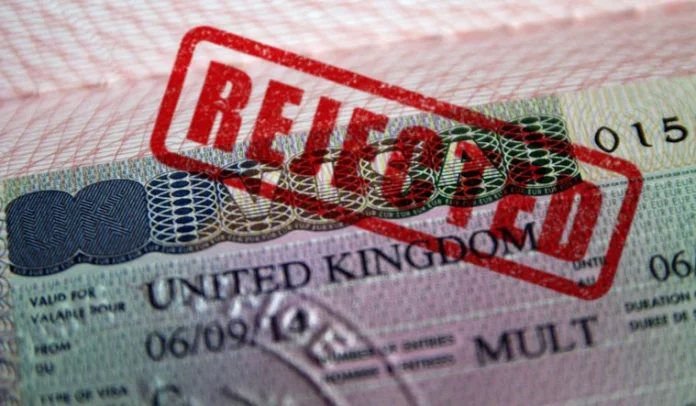Sri Lankans looking to work or study in the United Kingdom may soon face tighter visa restrictions under a new UK government proposal aimed at curbing what it describes as abuse of the asylum system.
According to a report first published in The Times, the British Home Office is preparing to introduce new immigration rules that could target visa applicants from countries deemed more likely to overstay or file asylum claims after arrival. Sri Lanka, along with Pakistan and Nigeria, has been named among those under consideration.
UK ministers claim there is a growing problem of individuals entering the country legally on work or student visas and subsequently lodging asylum applications—a move that, if successful, could allow them to remain in the UK permanently.
A spokesperson for the Home Office stated, “Our upcoming Immigration White Paper will set out a comprehensive plan to restore order to our broken immigration system.”
However, official data to support these claims remains unclear. The UK government has not published exit check statistics since 2020 due to concerns over their accuracy, and many departures from the UK are unrecorded, meaning visa holders without an official exit record may not necessarily still be in the country.
Prof Jonathan Portes, a senior fellow at the UK in a Changing Europe think tank, said the policy is unlikely to significantly reduce asylum claims. Speaking to BBC Radio 4, he noted, “The impact here is not designed primarily to be about numbers overall; it’s designed to be about reducing asylum claims which are perceived to be abusive.”
He acknowledged that cases where individuals enter as students or workers and quickly claim asylum are viewed as exploiting the system.
The move comes as Prime Minister Sir Keir Starmer pledges to reduce both legal and illegal migration. Though Starmer has not committed to a numerical migration target—calling past caps ineffective—his government aims to lower net migration by cracking down on small boat crossings and reducing dependency on foreign labour through domestic training initiatives.
Net migration to the UK peaked at 906,000 in the year to June 2023 before dropping to 728,000 a year later. This decline followed reforms introduced by former Prime Minister Rishi Sunak, including raising the salary threshold for skilled workers from £26,200 to £38,700 and banning family dependants from accompanying care workers.





